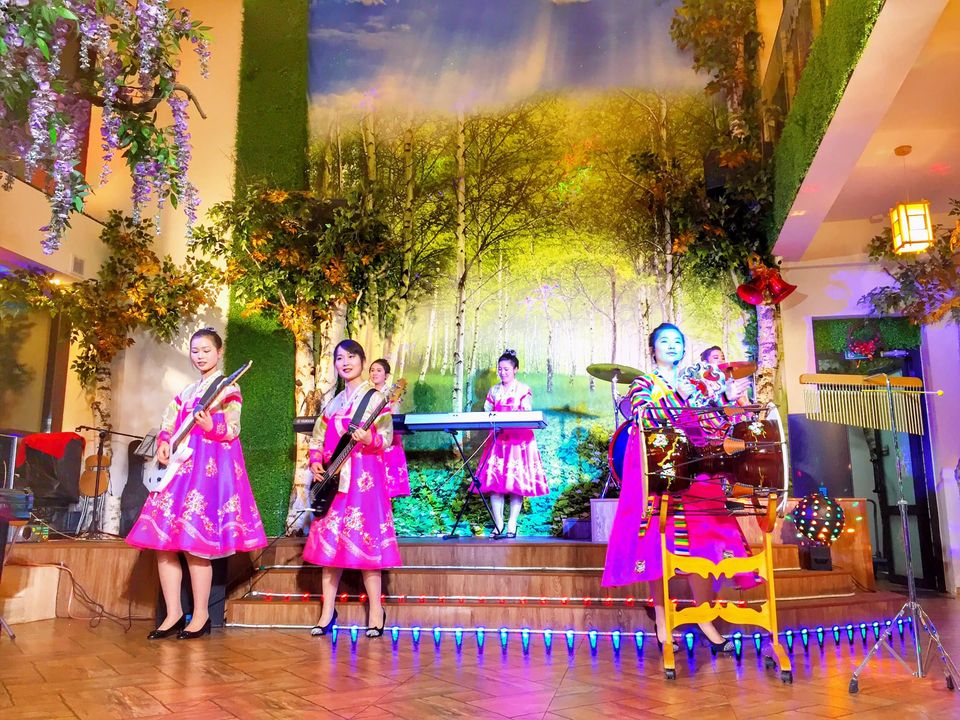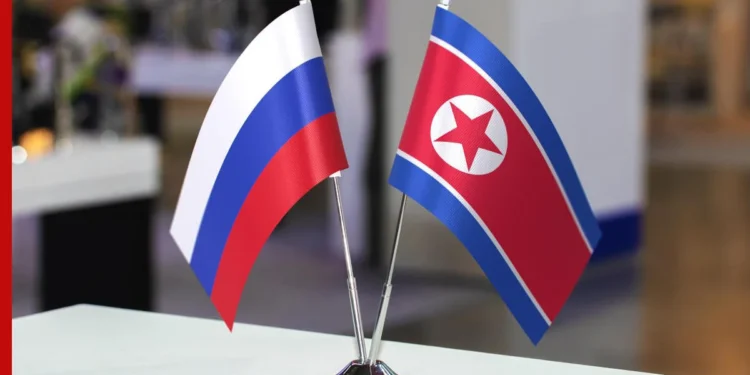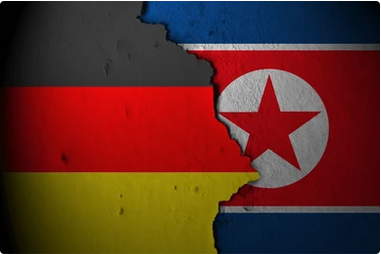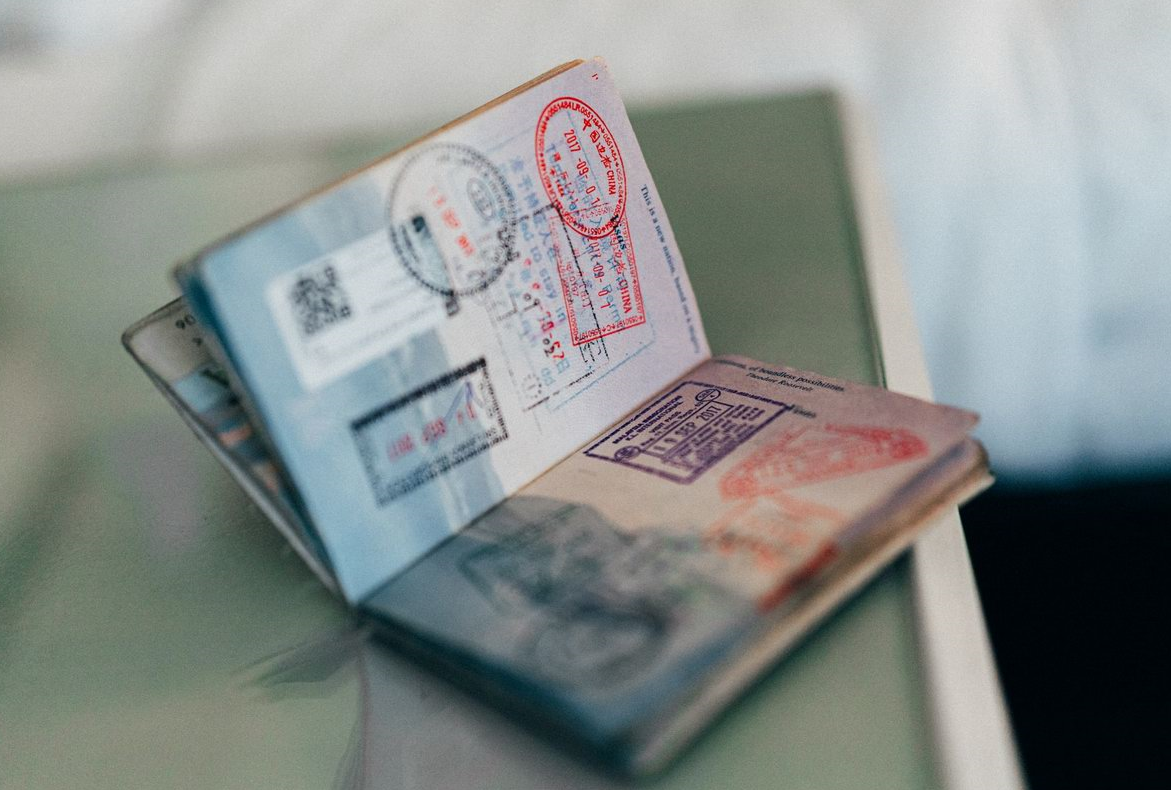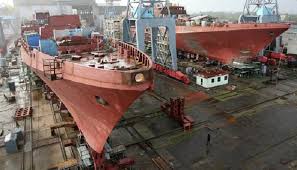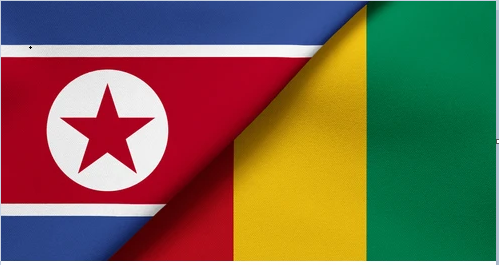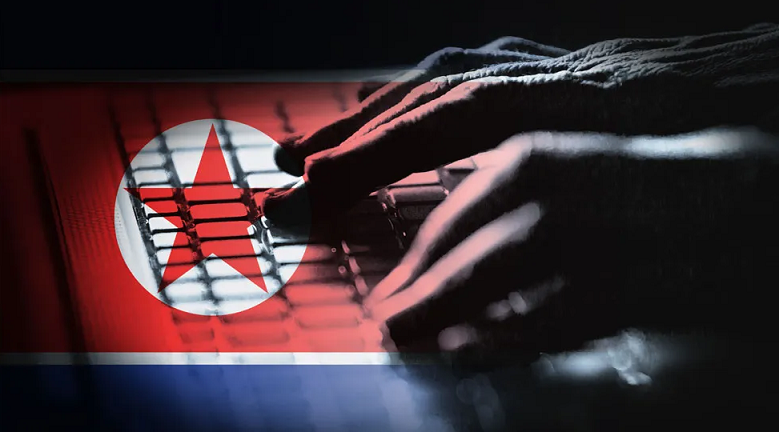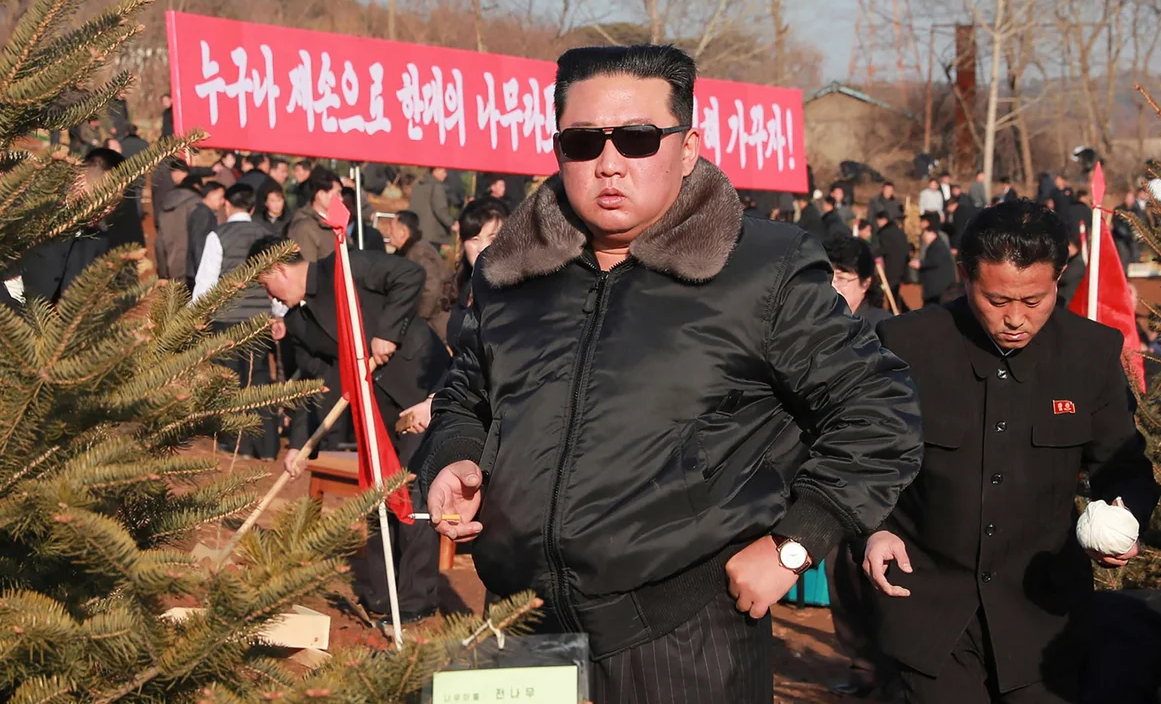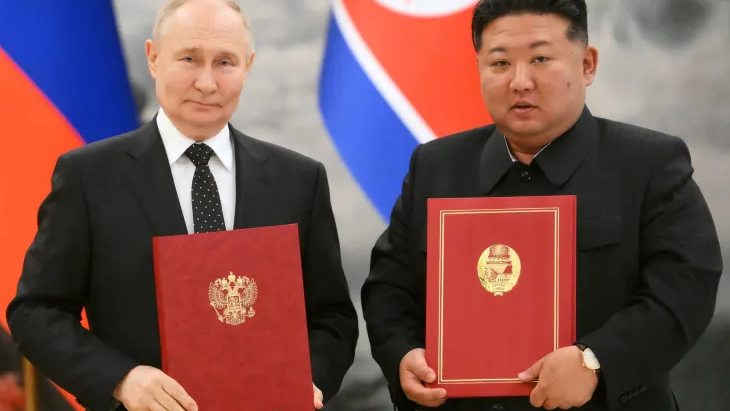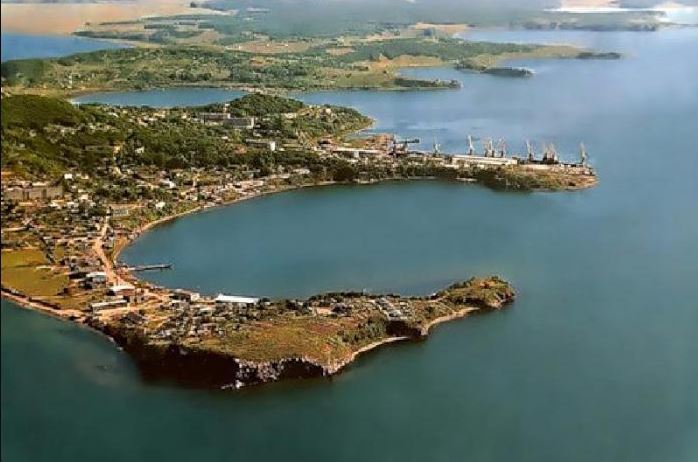Imagine warming up on a cold evening in Ulaanbaatar with some nutritious food on the 15th floor of the Daco Building, overlooking the skyline of Mongolia’s capital city. Sounds idyllic but there is an issue…. The restaurant is operated by the North Korean regime and is breaking sanctions by employing North Korean workers and directly funding Kim Jong Un’s nuclear and ballistic weapons program.
North Korea and the restaurant business
Pyongyang Papers has reported on DPRK activity in Mongolia & North Korean restaurants previously. North Korean restaurants around the world are believed to earn the regime about $700 million annually and are also used to launder money for the country, with many restaurants allegedly run by Reconnaissance General Bureau (RGB) agents. The RGB is the DPRKs primary intelligence agency and is responsible for a huge range of activity from obtaining foreign currency to running much of the country’s cyber capabilities.
UN resolutions forbid the employment of North Korean workers abroad and all North Korean workers were supposed to be repatriated back to DPRK by the end of December 2019. This deadline passed but North Korea has continued to send its citizens abroad, with greater numbers, in fresh batches as the country has relaxed its Covid-19 pandemic controls. Estimates suggest that up to 100,000 North Koreans worked overseas in 2023.
During the pandemic years, there were several reports of restaurants struggling and closing with limited custom due to pandemic restrictions and enforced sanctions. It appears that these issues may now have disappeared as the latest report, from the currently disbanded Panel of Experts, details dozens of restaurants operating across Asia in countries such as China, Russia & Laos. The report includes imagery taken from social media confirming the presence of North Korean nationals working at the restaurants.
The Pyongyang Baek Hwa Restaurant
One restaurant that isn’t covered in the Panel of Experts report is the Pyongyang Baek Hwa Restaurant in Ulaanbaatar, Mongolia. We have been informed that a delegation of DPRK restaurant workers are set to travel to Mongolia to work in the re-opened restaurant. The restaurant was confirmed closed during a visit in 2022 by DailyNK but is now back open. The restaurants Facebook page became active again during December 2023 and has been offering sim cards for use in South Korea! The phone number listed against these posts has also recently advertised for a chef and a dishwasher to be trained at a Korean restaurant.
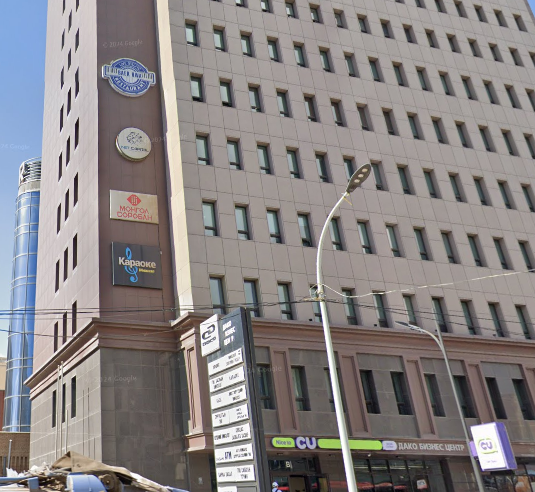
As part of our investigations, we can confirm that the restaurant is still located at the same address as it previously was and we received no response to our offer of comment by the restaurant itself. Pyongyang Papers has not been able to confirm if the advertisements for staff at a Korean restaurant are directly related to the Pyongyang Baek Hwa restaurant but we continue to investigate North Korean activity in Mongolia and will publish any findings at a later date.
The Pyongyang Baek Hwa restaurant is not the only restaurant to re-open as North Korea continues to find ways to circumvent sanctions and earn much needed currency for the regime. In fact, some of the restaurants appear to be very busy and are clearly serving the regime well. If countries including China, Russia, Laos & Mongolia continue to facilitate the regimes actions so easily then the unfortunate North Korean citizens who are forced to work abroad will continue to be exploited treated like slaves.
If you have any information regarding the Pyongyang Baek Hwa Restaurant or any other sanctioned North Korean activity, please get in touch through the ‘Contact Us’ page.

